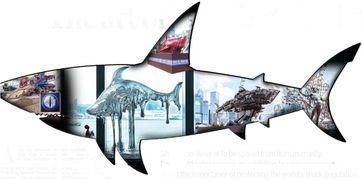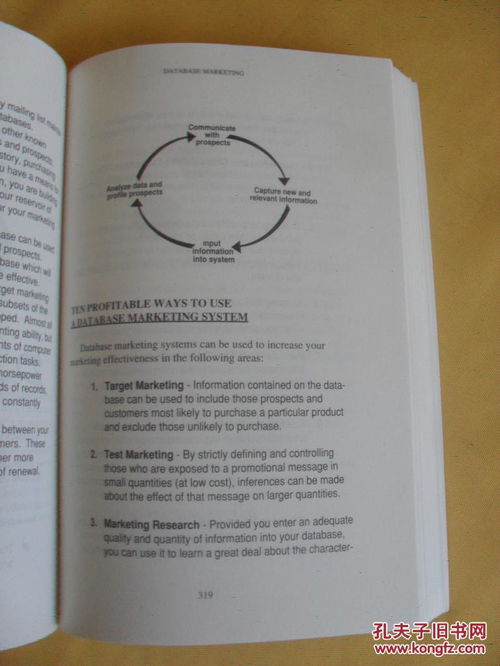How to Rapidly Master the Art of Fishing Techniques
Fishing is an ancient pastime that has been enjoyed by people around the world for centuries. Whether you're looking to unwind on a serene lake, challenge yourself on a fast-moving river, or simply want to catch your own dinner, mastering the art of fishing can be both rewarding and enjoyable. If you're new to the sport or looking to improve your skills, here's a comprehensive guide on how to rapidly learn the essential fishing techniques.
Start with the Basics

Before you can begin to fish effectively, it's important to understand the basics. This includes knowing the different types of fishing, the equipment you'll need, and the basics of fish behavior.
- Types of Fishing: There are several types of fishing, including freshwater fishing, saltwater fishing, fly fishing, and ice fishing. Each type requires different techniques and equipment.
- Fishing Equipment: The most basic equipment includes a rod, reel, line, hooks, and bait or lures. Depending on your fishing style, you may also need a tackle box, fish finder, and other accessories.
- Fish Behavior: Understanding the habits and preferences of the fish you're targeting is crucial. This includes their feeding patterns, preferred habitats, and the types of bait or lures they are most attracted to.
Choose the Right Location
The location you choose can significantly impact your fishing success. Here are some tips for selecting the best spot:
- Research: Look for areas known for the type of fish you want to catch. This could be a local lake, river, or coastal area.
- Local Knowledge: Talk to local anglers or fishery managers for advice on the best spots. They can provide valuable insights into seasonal patterns and local regulations.
- Access: Ensure that the location is accessible and that you have the necessary permits or licenses to fish there.
Learn the Basics of Casting
Casting is a fundamental skill that every angler must master. Here's how to get started:
- Practice: Find a wide open space to practice casting without worrying about obstacles.
- Hold the Rod: Grip the rod with your dominant hand, using a comfortable but firm grip.
- Backcast: Begin by lifting the rod back over your head, then let the line out as you move the rod forward.
- Forward Cast: After the line has traveled back, move the rod forward to release the line, allowing the lure or bait to land where you want it.
Master Baiting and Lure Techniques
Once you've got casting down, it's time to focus on baiting and lure techniques:
- Bait Selection: Choose the right bait based on the type of fish you're targeting. Live bait, artificial lures, and natural baits like worms or insects all have their place.
- Lure Action: The way you retrieve a lure can make a big difference. Experiment with different retrieves to see what works best for the fish you're fishing for.
- Tie Knots: Learn how to tie basic knots like the improved clinch knot, Palomar knot, and uni knot. These are essential for securing your bait or lure to the line.
Develop Sensory Skills
Fishing is as much about patience and sensory perception as it is about technique. Here's how to improve your sensory skills:
- Feel the Line: Learn to detect the subtle movements of the line as fish take your bait. This can often be the first sign of a bite.
- Watch the Water: Pay attention to the surface of the water for any signs of fish activity, such as splashes or disturbances.
- Listen: Sometimes, the sound of a fish hitting your lure or bait can be a good indicator of a strike.
Practice, Practice, Practice
Like any skill, fishing takes practice. Here are some tips to help you improve:
- Take Lessons: Consider taking a beginner's fishing class or hiring a guide for personalized instruction.
- Join a Club: Joining a local fishing club can provide you with opportunities to fish with experienced anglers and learn from their techniques.
- Keep a Journal: Record your experiences, noting what worked and what didn't. This can help you refine your techniques over time.
Stay Safe and Legal
Always prioritize safety and legality when fishing:
- Check Regulations: Familiarize yourself with local fishing regulations, including size limits, bag limits, and closed seasons.
- Use Safety Gear: Wear a life jacket if you're fishing from a boat, and always carry a first aid kit.
- Respect Nature: Be mindful of your impact on the environment and practice catch-and-release where appropriate.
By following these steps and dedicating yourself to practice, you can rapidly improve your fishing skills. Remember, the key to becoming a skilled angler is patience, persistence, and a willingness to learn. Happy fishing!












